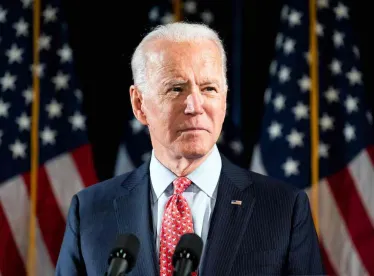Rarely have presidential candidates campaigned on promulgating an Occupational Safety and Health Administration (OSHA) standard, but on the campaign trail, President Joe Biden did just that, making it all but certain he will fulfill a campaign pledge to enact an Emergency Temporary Standard to address COVID-19, possibly as early as January.
Several of the 28 “State Plan” states (i.e., California, Michigan, Oregon, and Virginia) that operate their own partial or comprehensive workplace safety and health programs have enacted state-based Emergency Temporary Standards for COVID-19, and others may follow. State Emergency Temporary Standards commonly include requirements that employers provide Infectious Disease Preparedness and Response plans and employee training, among other obligations.
Any federal standard likely will be enjoined in federal court, especially if it follows the one enacted in California. The California standard requires employer-funded COVID-19 testing during work hours, mandates paid leave, and potentially brings unsuspecting employers into the Respiratory Protection standard. Employers nationwide may need to prepare Infectious Disease Preparedness and Response Plans and train employees accordingly, with little time to prepare.
President Biden pledged to propose a COVID-19 stimulus bill that would enable OSHA to enact an Emergency Temporary Standard that is broader than possible currently under the Occupational Safety and Health Act. It would cover federal public health workers and possibly employees in industry sectors covered by other agencies such as the Mine Safety and Health Administration and the U.S. Department of Transportation.
By contrast, during the Trump administration, OSHA declined to promulgate an Emergency Temporary Standard, instead favoring existing tools, including standards that address Personal Protective Equipment, Respiratory Protection, Sanitation, Recordkeeping, and the General Duty Standard, a catch-all standard for recognized hazards not covered under an existing standard.



 />i
/>i

